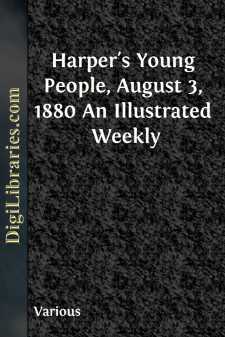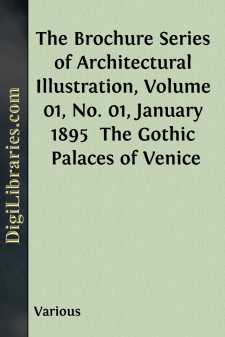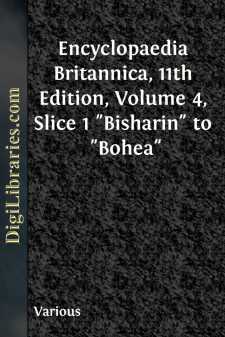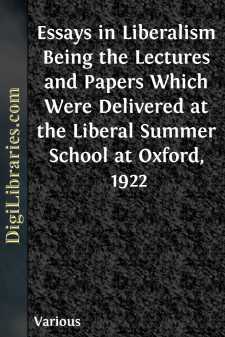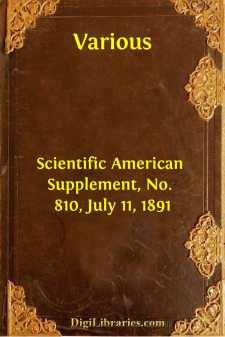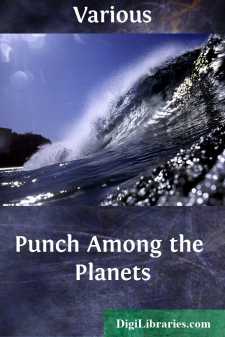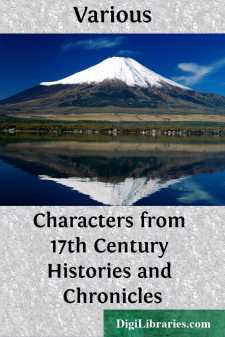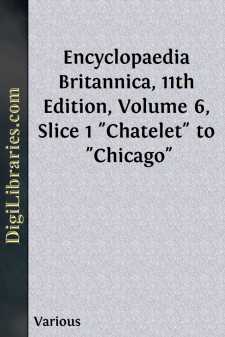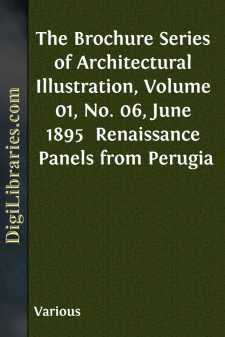Categories
- Antiques & Collectibles 13
- Architecture 36
- Art 48
- Bibles 22
- Biography & Autobiography 813
- Body, Mind & Spirit 142
- Business & Economics 28
- Children's Books 17
- Children's Fiction 14
- Computers 4
- Cooking 94
- Crafts & Hobbies 4
- Drama 346
- Education 46
- Family & Relationships 57
- Fiction 11829
- Games 19
- Gardening 17
- Health & Fitness 34
- History 1377
- House & Home 1
- Humor 147
- Juvenile Fiction 1873
- Juvenile Nonfiction 202
- Language Arts & Disciplines 88
- Law 16
- Literary Collections 686
- Literary Criticism 179
- Mathematics 13
- Medical 41
- Music 40
- Nature 179
- Non-Classifiable 1768
- Performing Arts 7
- Periodicals 1453
- Philosophy 64
- Photography 2
- Poetry 896
- Political Science 203
- Psychology 42
- Reference 154
- Religion 513
- Science 126
- Self-Help 84
- Social Science 81
- Sports & Recreation 34
- Study Aids 3
- Technology & Engineering 59
- Transportation 23
- Travel 463
- True Crime 29
Sort by:
by:
Various
The policeman did not return, and the boys slept until an hour after sunrise. They then rowed down the river to the steamboat landing, where they left their boat in charge of a boatman, and went to a hotel for breakfast. The waiters were rather astonished at the tremendous appetites displayed by the four sunburned boys, and there is no doubt that the landlord lost money that morning. After breakfast,...
more...
by:
Various
Our Holidays King Henry IV, Part I. ST. SATURDAY BY HENRY JOHNSTONEOh, Friday night's the queen of nights, because it ushers inThe Feast of good St. Saturday, when studying is a sin,When studying is a sin, boys, and we may go to playNot only in the afternoon, but all the livelong day. St. Saturday—so legends say—lived in the ages whenThe use of leisure still was known and current among...
more...
by:
Various
I. SOUTHWEST ANGLE OF THE DUCAL PALACE, VENICE. Although the Ducal Palace is much larger than the other palaces of Venice, and intended for general civic uses as well as a residence for the Duke or Doge, it follows closely the type already described. It has undergone so many changes since its first foundation in about the year 800 (813 according to Ruskin), having been destroyed five times, and as...
more...
by:
Various
BISHÂRÎN (the anc. Ichthyophagi), a nomad tribe of African “Arabs,” of Hamitic origin, dwelling in the eastern part of the Nubian desert. In the middle ages they were known as Beja (q.v.), and they are the most characteristic of the Nubian “Arabs.” With the Abâbda and Hadendoa they represent the Blemmyes of classical writers. Linguistically and geographically the Bishârîn form a connecting...
more...
by:
Various
THE LEAGUE OF NATIONS AND THE REHABILITATION OF EUROPE By the Rt. Hon. Lord Robert Cecil K.C., M.P., Assistant Secretary of State for Foreign Affairs, 1918. Minister of Blockade, 1916-1918. Representative of Union of South Africa at Assembly of League of Nations. Lord Robert Cecil said:—I ought to explain that I am here rather by accident. The speaker who was to have addressed you was my great...
more...
by:
Various
COCOS PYNAERTI. This is an acquisition to the dwarf growing palms, and a graceful table plant. It first appeared in the nurseries of M. Pynaert, Ghent, and is evidently a form of C. Weddelliana, having similar character, though, as shown by the accompanying illustration, it is quite distinct. The leaves are gracefully arched, the pinnules rather broader than in the type, more closely arranged, and of a...
more...
by:
Various
INTRODUCTION. The Old Year was fast nearing its close, the night was clear and starry, and Father Time, from the top of his observatory tower, was taking a last look round. To him entered, unannounced save by the staccato yap of the faithful Tobias, Time's unfailing friend, unerring Mentor, and immortal contemporary, Mr. Punch. "I am not for an age, but for All Time," freely quoted the...
more...
by:
Various
I. The Beginnings. The art of literary portraiture in the seventeenth century developed with the effort to improve the writing of history. Its first and at all times its chief purpose in England was to show to later ages what kind of men had directed the affairs and shaped the fortunes of the nation. In France it was to be practised as a mere pastime; to sketch well-known figures in society, or to...
more...
by:
Various
CHÂTELET (from Med. Lat. castella), the word, sometimes also written castillet, used in France for a building designed for the defence of an outwork or gate, sometimes of great strength or size, but distinguished from the château, or castle proper, in being purely defensive and not residential. In Paris, before the Revolution, this word was applied both to a particular building and to the...
more...
by:
Various
RENAISSANCE PANELS FROM PERUGIA. The carved walnut panels from the choir stalls of the Church of San Pietro de' Casinense in Perugia, designed by Stefano da Bergamo in 1535, which are given as illustrations in this number, are excellent examples of the ornament of the later period of the Italian Renaissance. This form of ornament was first used in flat painted panels upon pilasters, such as the...
more...


